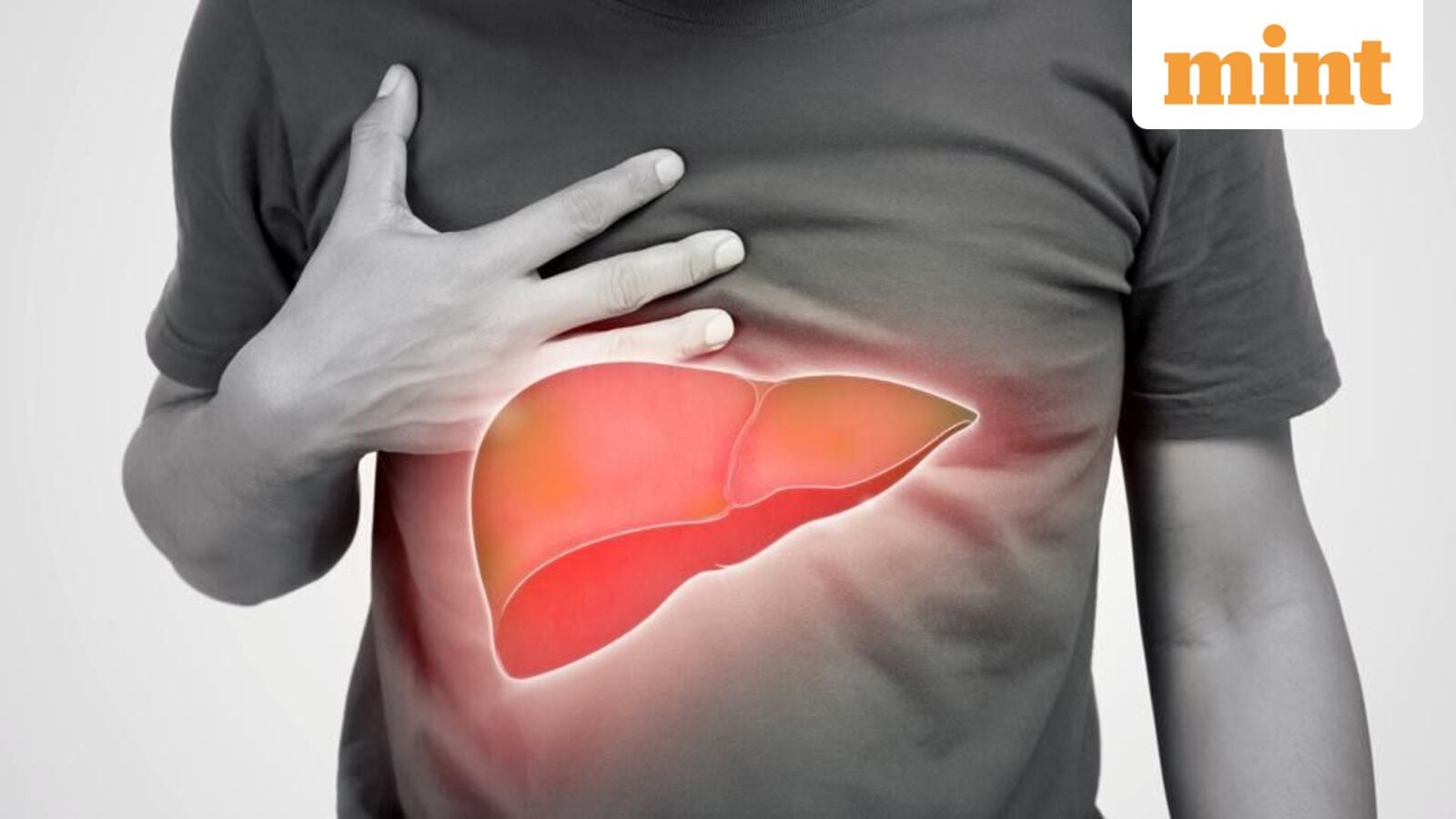A major new study presented at United European Gastroenterology (UEG) Week 2025 reveals that both sugar-sweetened beverages (SSBs) and low- or non-sugar-sweetened beverages (LNSSBs) are significantly associated with an increased risk of metabolic dysfunction-associated steatotic liver disease (MASLD).
The research followed 123,788 UK Biobank participants without pre-existing liver disease, using repeated 24-hour dietary questionnaires to assess beverage consumption. The study tracked the development of MASLD, liver fat accumulation, and liver-related mortality over a median 10.3-year follow-up.
Elevated risk found for both beverage types
Participants consuming over 250g per day of LNSSBs or SSBs were found to have a 60% (HR: 1.599) and 50% (HR: 1.469) higher risk of developing MASLD, respectively. Among the cohort, 1,178 participants developed MASLD, and 108 died from liver-related causes. While SSBs were not linked to liver-related mortality, LNSSB consumption was associated with higher liver-related deaths. Both beverage types were also linked to increased liver fat content.
MASLD: A growing global concern
MASLD, previously known as non-alcoholic fatty liver disease (NAFLD), occurs when fat accumulates in the liver, potentially leading to inflammation and symptoms like pain, fatigue, and loss of appetite. The condition affects over 30% of people worldwide and is a rapidly increasing cause of liver-related deaths.
Expert insights
Lead author Lihe Liu, a graduate student at the Department of Gastroenterology, First Affiliated Hospital of Soochow University, said: “SSBs have long been under scrutiny, while their ‘diet’ alternatives are often seen as the healthier choice. Both, however, are widely consumed and their effects on liver health have not been well understood.”
Liu added: “Our study shows that LNSSBs were actually linked to a higher risk of MASLD, even at modest intake levels such as a single can per day. These findings challenge the common perception that these drinks are harmless and highlight the need to reconsider their role in diet and liver health.”
Prevention through beverage choices
The study emphasizes limiting both SSBs and LNSSBs as part of a broader strategy to prevent liver and metabolic disease. Replacing these beverages with water significantly reduced MASLD risk—by 12.8% for SSBs and 15.2% for LNSSBs—while switching between the two types of drinks offered no risk reduction.
Liu concluded: “The safest approach is to limit both sugar-sweetened and artificially sweetened drinks. Water remains the best choice as it removes the metabolic burden and prevents fat accumulation in the liver, whilst hydrating the body.”

